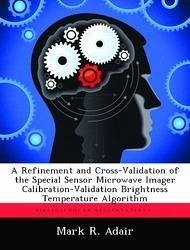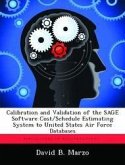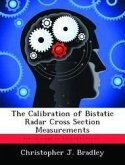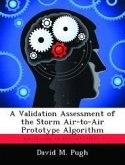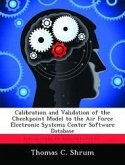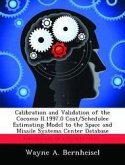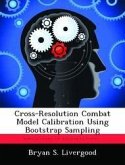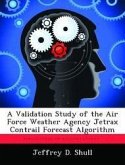The Air Force Weather Agency (AFWA) currently uses an algorithm to calculate surface temperatures from microwave observations taken by the Special Sensor Microwave Imager (SSM/I) aboard the orbiting platforms of the Defense Meteorological Satellite Program (DMSP). This algorithm, called the Calibration-Validation (CV) algorithm, uses multiple linear regression to calculate coefficients relating microwave brightness temperatures and land surface temperatures. Because the coefficients in this algorithm do not take into account the identity of the individual satellite, the question arose whether this assumption was valid. This thesis used multiple linear regression, stepwise linear regression, and qualitative regression on 3700 data sets from October of 1996 and September of 1997, including microwave brightness temperatures from three satellites. This data was analyzed to determine if satellite identity had a significant impact on CV regression coefficients. Analysis indicated that satellite identity does not have a significant impact on regression coefficients for five of the eight CV land types investigated.
Hinweis: Dieser Artikel kann nur an eine deutsche Lieferadresse ausgeliefert werden.
Hinweis: Dieser Artikel kann nur an eine deutsche Lieferadresse ausgeliefert werden.

